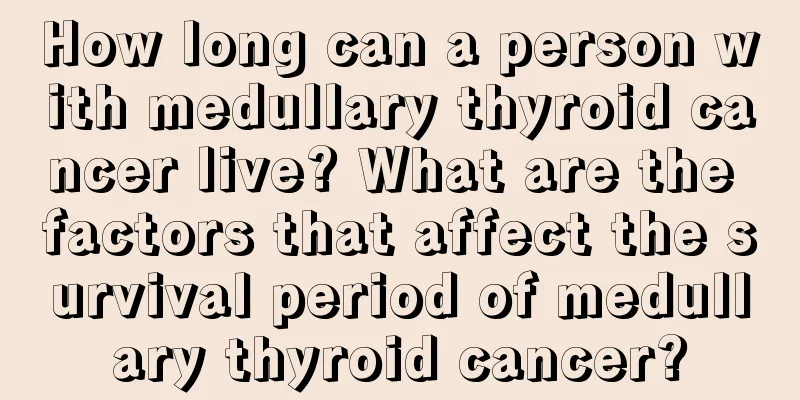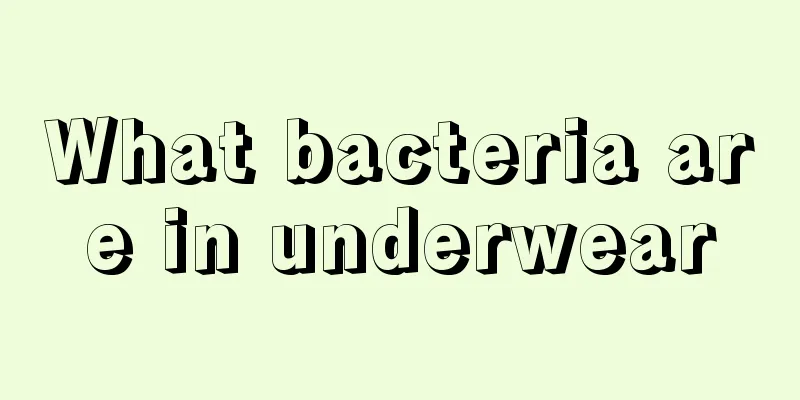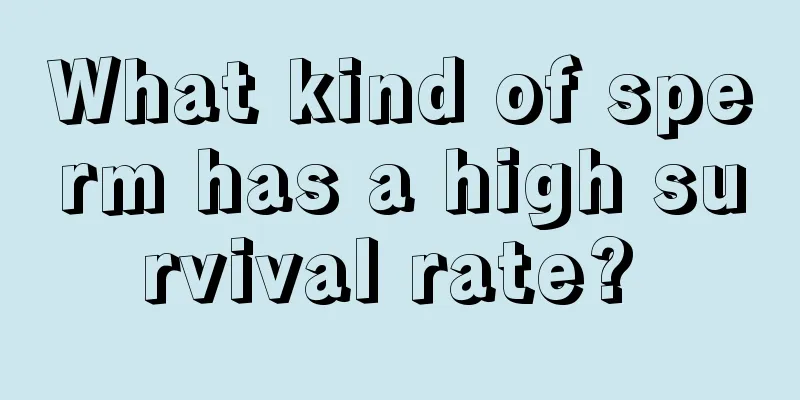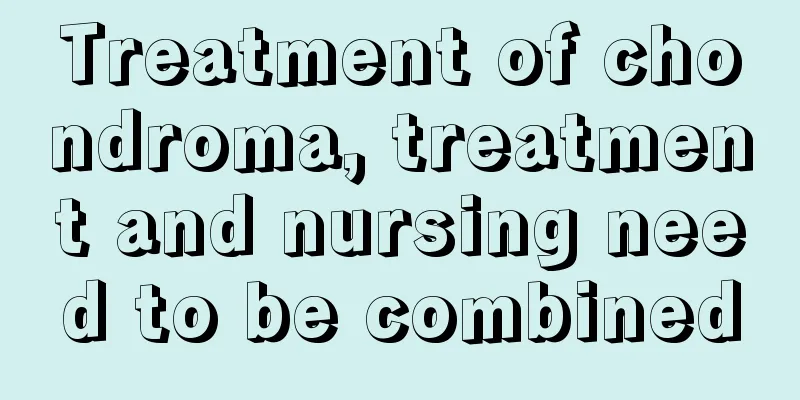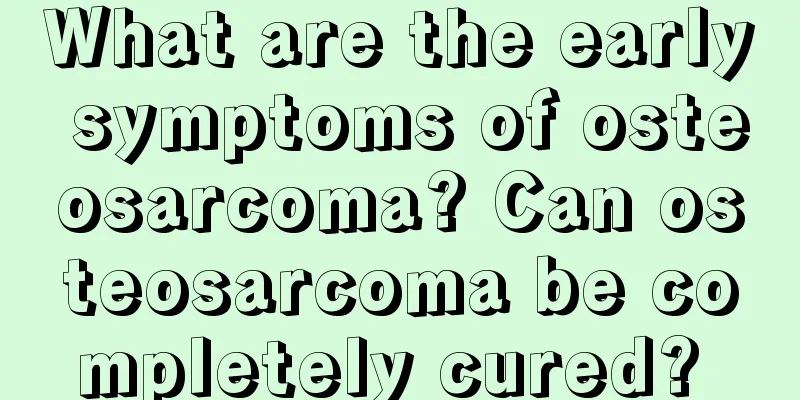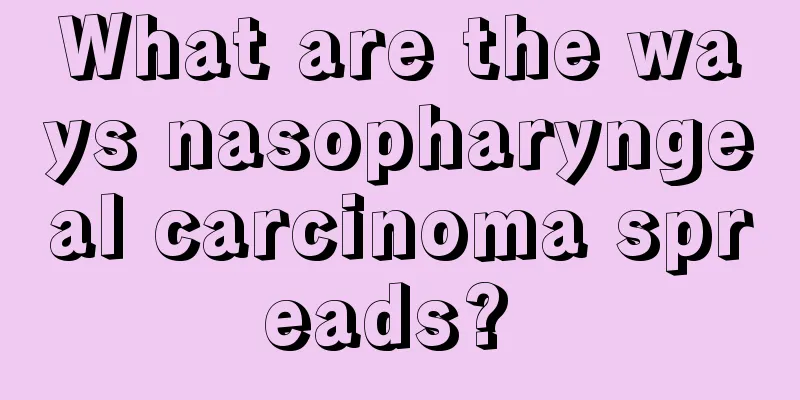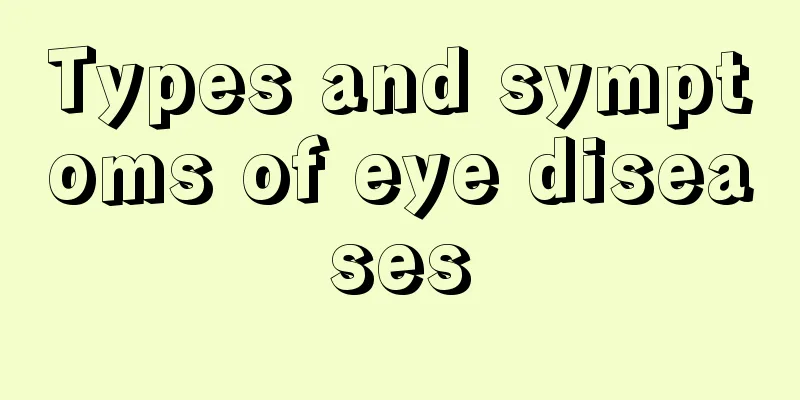Wisdom teeth are not removed for a long time

|
Wisdom teeth will affect people's lives. Some people wait for their wisdom teeth to grow out and then have them removed to get rid of all the troubles, while some people are unwilling to have them removed because they are afraid of the pain. Dentists say that if wisdom teeth do not cause harm to other teeth, they do not need to be removed. However, if they have already caused damage to other teeth, such as inflammation, infection, etc., they must be removed, otherwise the situation will become more and more serious. What are the consequences of not removing wisdom teeth? Wisdom teeth are the third largest molars and have an important impact on the adjacent second molars. Since most wisdom teeth are impacted and tilted forward, they press on the second molar at an angle of about 45 degrees, forming a crown angle that makes it easy for food to get stuck. Over time, this can lead to caries of the second molar or even pulpitis. Even if it is not that serious, it can affect the lifespan of the second molar. There are 4 major dangers of not removing wisdom teeth 1. Poor occlusion: Impacted wisdom teeth often cannot establish a normal occlusion with the opposing teeth. Long term symptoms may lead to clicking of the temporomandibular joint, pain when opening the mouth, and bruxism, which have a great impact on the physical and mental health of young and middle-aged people. 2. Interproximal caries: Food debris is easily accumulated between the malpositioned wisdom tooth and the second molar, and it is difficult to clean. Generally, caries can form on the two adjacent tooth surfaces of the two teeth within a few months, directly destroying the dental tissues of the two teeth. 3. Recurrent pericoronitis: A blind pocket is formed between the soft tissue around the crown of the impacted wisdom tooth and the tooth, causing the accumulation of food and bacteria. When the resistance is reduced, pericoronitis is inevitable. General anti-inflammatory treatment only treats the symptoms and not the root cause, so pericoronitis will recur. 4. Causes of other systemic diseases: There is evidence that some impacted wisdom teeth are the lesions of some trigeminal neuralgia. Repeated inflammation of wisdom teeth may also serve as lesions and may cause heart disease, arthritis, tonsillitis, sepsis and tumors. Things to note when removing wisdom teeth It can be seen from this that impacted wisdom teeth are very harmful and must be removed as early as possible and decisively. It is important to understand the dangers of not removing wisdom teeth early in order to avoid the harm of not removing wisdom teeth. Wisdom Teeth Extraction Care Tips Do not spit frequently: After having your wisdom teeth removed, you will be unable to help but saliva. At this time, do not spit or swallow your saliva, as both will tear the wound. You can choose to cover your mouth with a tissue and let the saliva flow out automatically. Do not brush your teeth with toothpaste within two days: Toothpaste contains fluoride, which is not only not conducive to wound healing, but may also cause inflammation due to foam entering the wound. Rinse your mouth after meals: Generally speaking, you can eat on the same day after having your wisdom teeth extracted. Rinse your mouth immediately after eating to avoid food residues remaining in the wound and causing inflammation. Choose warm salt water for rinsing your mouth: After removing wisdom teeth, do not rinse your mouth directly with tap water to avoid bacterial growth. Instead, choose boiled warm salt water for disinfection. Don’t lick the wound with your tongue: After having your wisdom teeth removed, don’t always lick the wound with your tongue, as this will slow down the healing process. Drink more freshly squeezed fruit juice: If your face is swollen after having your wisdom teeth removed, you can drink more fruits such as cantaloupe and apples, which can replenish water and speed up wound healing. Remember to rinse your mouth after drinking the juice. Precautions It is normal for your cheeks to swell after having your wisdom teeth extracted. If it happens within 12 hours and there is no fever, you do not need to take anti-inflammatory drugs. The cavity left after the wisdom tooth is extracted usually takes 3 to 6 months to heal. Be sure to rinse your mouth after meals to prevent rice grains from falling into the cavity. |
<<: What causes cake cracking?
>>: How to improve IQ and thinking ability?
Recommend
What is the shelf life of eye shadow and how to extend it
Women’s pursuit of beauty is endless. Sometimes t...
Can I get an IV drip if I haven't eaten?
Infusion is also called drip. There are many prec...
What are thyroid prevention and dietary taboos
No one wants to be troubled by diseases, but some...
Is chemotherapy and radiotherapy for brain cancer painful?
During chemotherapy, in addition to killing cance...
Success rate of heart valve replacement surgery
Today's medical technology is relatively adva...
What are the advantages of TCM in treating lung cancer? Reveal the specific advantages of TCM in treating lung cancer
Lung cancer is a common disease, mainly caused by...
What to do if your eyes are allergic to pollen
Eye pollen allergies often cause pain and itching...
Are ant bites poisonous?
Ants are a very common animal in our daily life. ...
How to detect macular degeneration in time?
Macular degeneration is an eye disease with great...
How long does it take for shingles blisters to disappear
Shingles is a skin disease that is very common in...
How to maintain a down quilt
Usually in winter, people prefer to cover themsel...
What medicine should I take for postpartum anti-inflammatory treatment
It is well known that women's bodies are very...
What should patients with liver cancer pay attention to in their diet? Ten folk remedies can prevent and treat liver cancer
Liver cancer patients are suffering from the dise...
How to understand common immunohistochemical indicators of breast cancer
How to understand the common immunohistochemical ...
What are some wonderful uses for leftover red wine?
Red wine is a very delicious alcoholic beverage. ...
